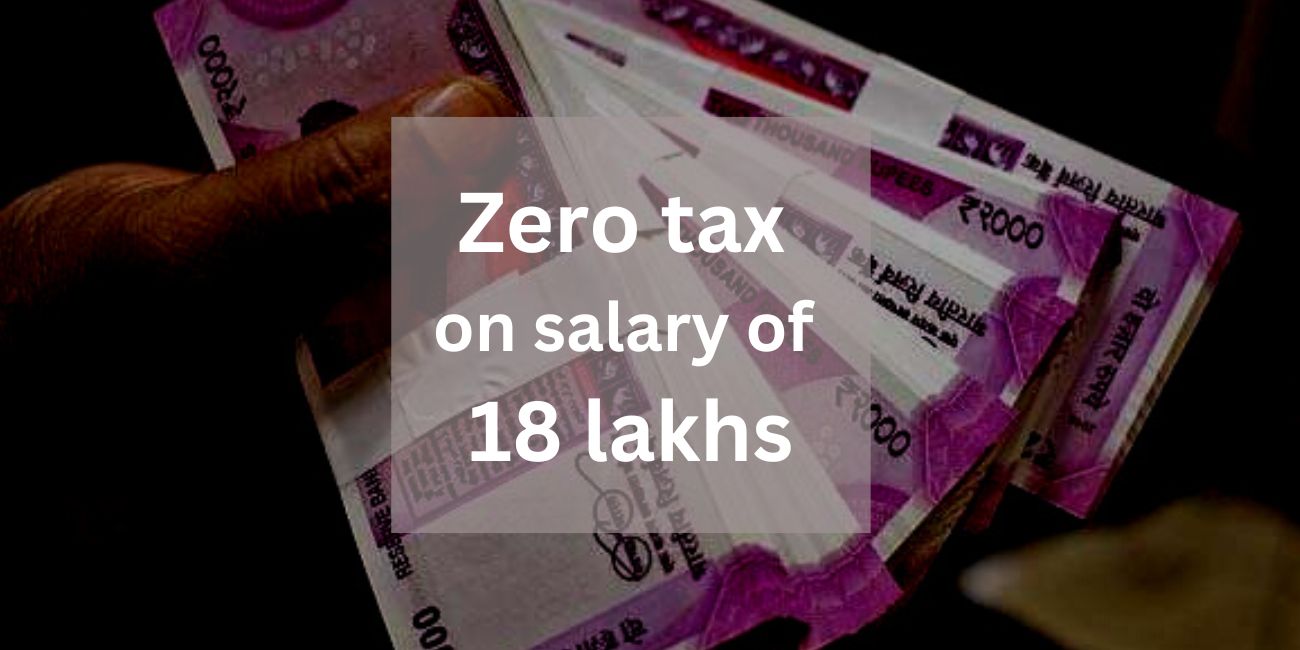Navigating India’s tax laws for small business owners can be a daunting task. With constantly changing regulations and a complex system in place, it’s important for small business owners to stay informed and on top of their tax obligations.
One important aspect of tax planning for small business owners is understanding the different types of taxes that apply to their business. In India, small businesses are subject to income tax, value-added tax (VAT), and goods and services tax (GST). Income tax is levied on the profits of the business, while VAT and GST are taxes on the sale of goods and services.
Another key aspect of tax planning for small business owners is taking advantage of any available deductions and credits. For example, small businesses in India can claim deductions for expenses such as rent, salaries, and depreciation of assets. They can also claim credits for taxes paid on inputs, such as raw materials or services used in their business operations.
It is also crucial for small business owners to stay up to date on any changes in tax laws and regulations. The Indian government has recently implemented the GST regime, which has replaced multiple indirect taxes with a single tax. This has resulted in a simplified tax structure and increased compliance, but it has also created new challenges for small business owners who need to navigate the GST system.
Another important aspect to consider is the compliance with the tax laws. Small business owners should ensure that they are filing their taxes on time and accurately. Failing to do so can result in penalties and fines, which can be detrimental to the business. It is advisable to take the help of a professional tax advisor or a chartered accountant to avoid any compliance issues.
Additionally, small business owners should also be aware of the tax implications of any business transactions they engage in. For example, the sale of a business or the transfer of assets can have significant tax consequences. It is important to consult with a tax professional before entering into any such transactions.
In conclusion, tax planning for small business owners in India can be a complex and challenging task. However, by staying informed on the various taxes that apply to their business, taking advantage of deductions and credits, staying up to date on changes in tax laws and regulations, and being aware of the tax implications of business transactions, small business owners can navigate the Indian tax system more effectively and minimize their tax liabilities. It is always advisable to take the help of a professional tax advisor or chartered accountant to ensure compliance and minimize the risk of penalties or fines.











